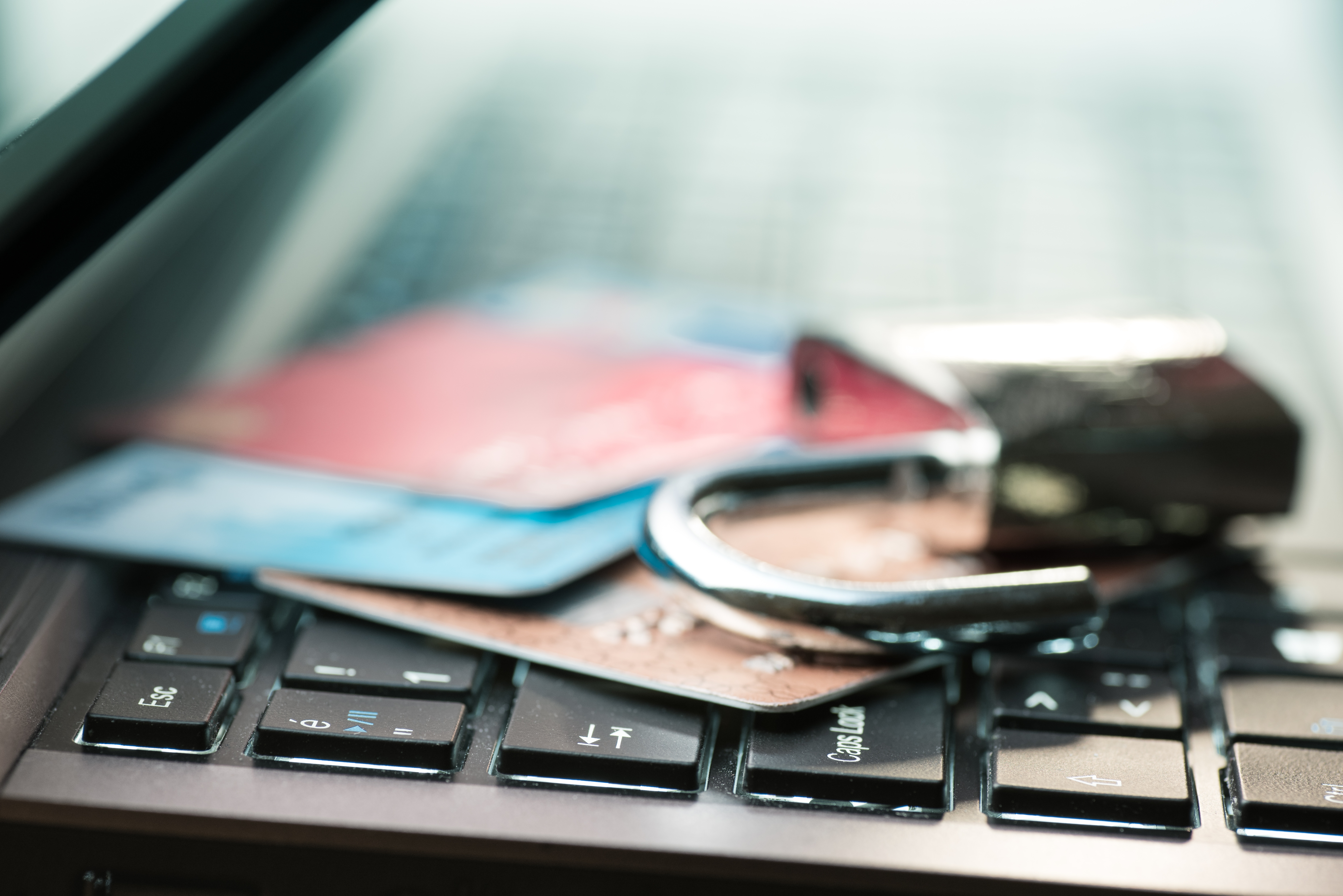
The massive data breach of Equifax servers by hackers from mid-May to July 2017 resulted in unauthorized access to personal information for millions of people – it’s estimated that the personal information of 143 million people – nearly 44% of the U.S. population – was compromised. Equifax is a consumer credit reporting agency that holds the most sensitive information of over 800 million individuals – including their Social Security numbers. The breach means that hackers now may have access to your most sensitive information, including your name, address, social security number, birth date, driver’s license numbers, and for some 209,000 people, credit card numbers, according to the Federal Trade Commission (FTC).
Are you one of the individuals who was affected? And now what should you do to protect yourself after this unprecedented data breach? Here are 5 actions you should take now to negate or minimize a security breach into your personal information:
- Go to the Equifax website at equifaxsecurity2017.com to learn if your information was exposed to the data breach. Here you can enter your last name and the last six digits of your Social Security number. But be careful! Since you want to protect yourself, make sure you are on a secure computer with updated software, and that you are utilizing an encrypted network. Keep in mind that public hot spots are convenient, but not necessarily secure.
- Equifax will tell you, based on the information you provide, whether you may have been affected by the breach. Either way, you can sign up for one year of free credit monitoring to make sure hackers are not using your information. If you see activity on your account that you don’t recognize, you can go to https://identitytheft.gov/ for next steps.
- A more aggressive measure is to freeze all of your credit. This would mean freezing your credit not only with Equifax, but also with the other two big credit reporting agencies, Experian and TransUnion. Putting a freeze on your account means that no one can take out a loan or perform other personal loan transactions – including yourself – unless you lift that freeze (called a thaw), during a time when you are legitimately requesting a credit report to buy a house or car, for example. You can freeze your credit online – or call or write the companies. The whole process takes just 15 minutes to thaw a frozen account, so it may well be worth it.
- Monitor your bank accounts and credit cards for charges you don’t recognize.
- Consider filing your taxes early. This is because the longer you wait, the more chances a hacker can get into your account and file for a refund if you are due one.
The Equifax data break has been called the largest data breach in U.S. history, and its ramifications are still yet unknown to some extent. Financial experts say that the breach could haunt Americans for decades. If you have additional questions on the data breach and how it impacts you, you can contact a Richard Brothers Financial Advisor now
To secure your family’s financial future, you need a smart strategy and plans to mitigate potential risks. Download our Checklist For Securing Your Family’s Financial Future.
Richard Brothers Financial Advisors



